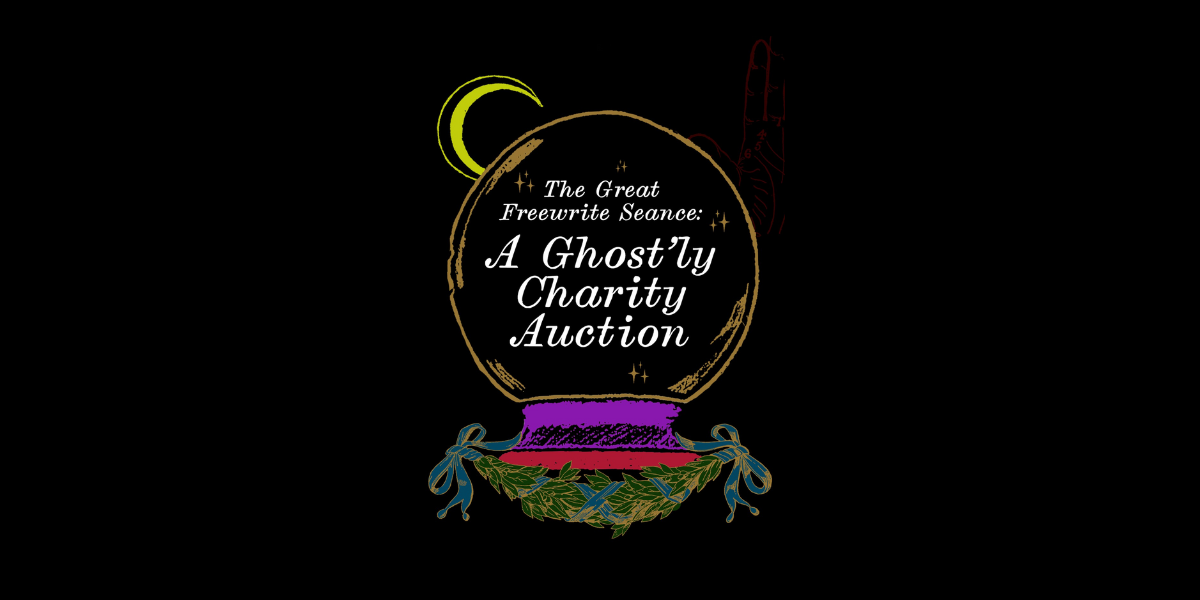Operations Manager Sam writes about diving into the Hemingway canon as Team Freewrite prepares to launch Hemingwrite, the signature edition Freewrite.
Conversations to bring back the Hemingwrite started at least two years ago. Others on the team were making design suggestions based on some of Hemingway's signature claims to fame - from big game hunting to Parisian escapades and tropical fishing. I nodded along but I quickly realized that I knew nothing about this man. I'm not well read nor very interested in the macho, cigar-and-scotch stereotype that I associated with Hemingway. More Frank Ocean than Old Man and the Sea, if you will.
Anyways, I felt like a phony making contributions to a product called the "Hemingwrite" without doing some due diligence on the namesake. So I cracked open For Whom the Bells Tolls to see what the fuss was all about. I imagine there are others of you out there like me who have heard of Hemingway but are otherwise unfamiliar. This book review is for you.
"I cracked open For Whom the Bells Tolls to see what the fuss was all about."
Before I even opened the book, I did a little research. Much of this Nicole covered in other blogs, but the basic idea that I got from Hemingway's writing is that he led the movement away from flowery descriptive prose to concise narrative. He tells the story and gets the heck out of the way. According to Hemingway, he writes out just the tip of the iceberg with the rest of the meaning, emotion, and imagery submerged between the lines.
I think this holds true for For Whom the Bell Tolls. In this story, our hero, Robert Jordan, is an American volunteer for the Republicans in the Spanish civil war. He is apparently very good at blowing up bridges and is assigned to do just that. Along the way he encounters a ragtag brigade of characters also fighting to keep Spain from succumbing to the fascists. Think Ocean's 11, except instead of stealing from Casinos it's blowing up a bridge.
Among this bunch is Pilar, the matriarch and de facto leader; Pablo, the de juro leader succumbing to his PTSD-fueled demons; and Maria, Robert Jordan’s mid-war fling. Other characters include Anselmo, Rafael, Fernando, Joaquin, El Sordo, Augustin, and a few others. I mention these characters because Hemingway treats them with great care. He takes the extra time to color them in through delightful conversations, campfire stories, and few action scenes. We all experience the same things in different ways and Hemingway makes sure to highlight that through his characters.
"Think Ocean's 11, except instead of stealing from Casinos it's blowing up a bridge."
The rest of the book is mostly Robert Jordan pondering. Don't get me wrong, I love a good ponder myself. I'm sure if I were in Robert Jordan's shoes I'd be asking the same questions—is war bad? What is love? What does my future hold? And so on. It gets indulgent at times, and clearly Hemingway sees himself as Robert Jordan. However, RJ is a worthy protagonist.
FWTBT is a story of war—or rather the people that fight and die in them. I think in this book, Hemingway gives away a bit more of the iceberg than he does in, say, the Old Man and the Sea. However, I think our posse of messy main characters serve as an excellent vessel for both a cool story about blowing up a bridge and a commentary on the world.
"Hemingway gives away a bit more of the iceberg than he does in, say, the Old Man and the Sea."
As for Ernest, I still don't know what to think. He is everything that people say he is, but he is other stuff too. Or maybe he is whoever you want him to be. Looking for a book to help you grow some chest hair? There's plenty of guns, sex, and booze for you. Looking for romance in the heat of battle? I got a book for you. Entertaining historical fiction? Yep. Comedy? That too.
I'm happy I read some Hemingway. I'd recommend it. Maybe you'd even get inspired to write like him, too. In that case, I've got a great product for you.






























